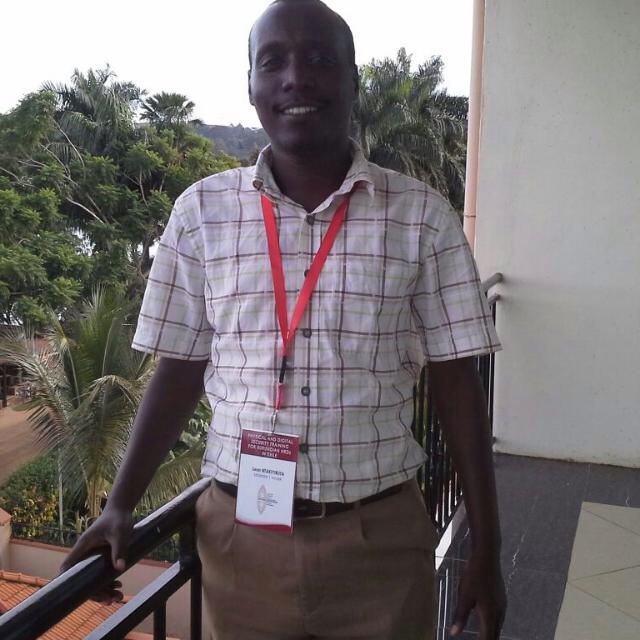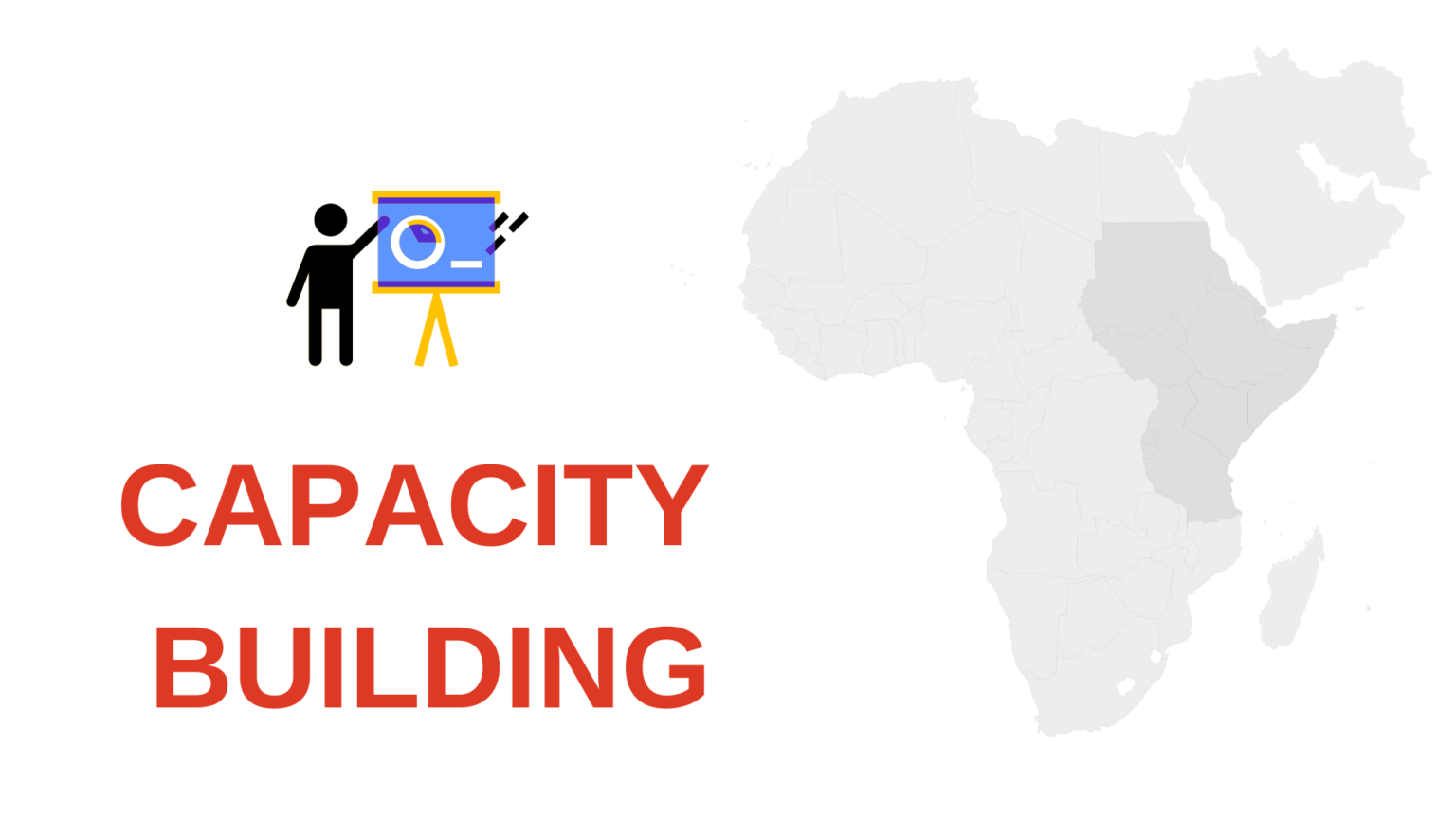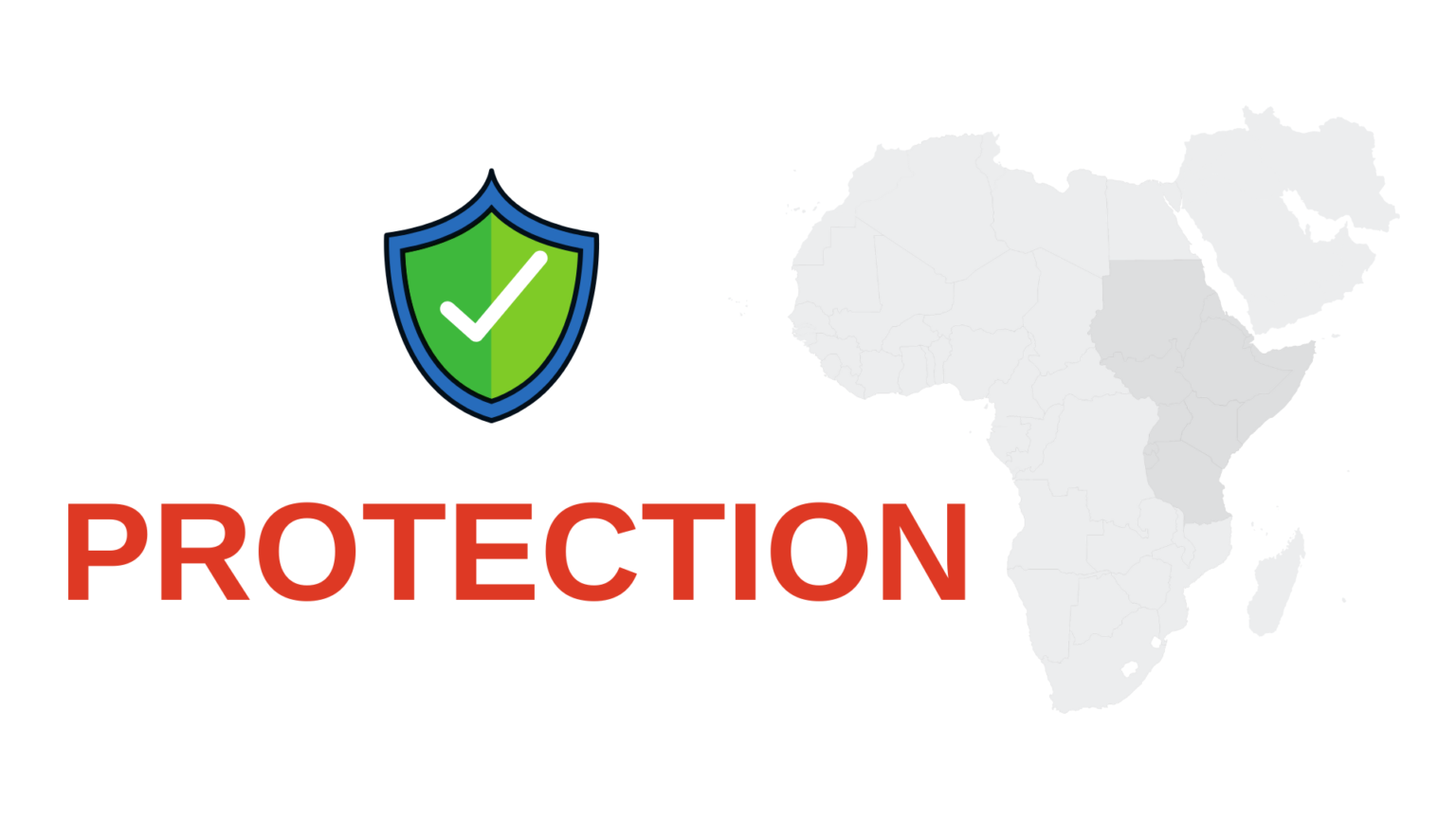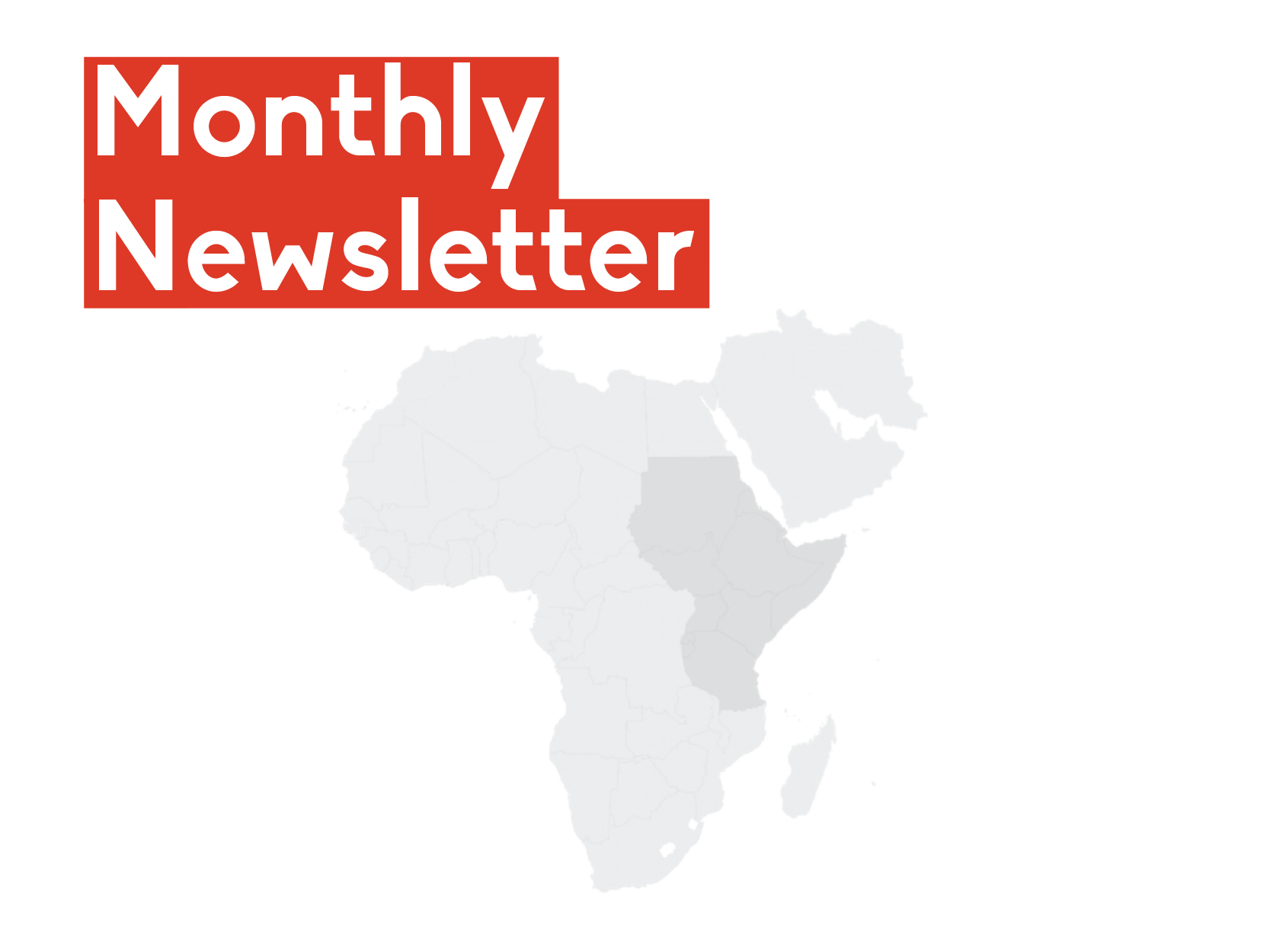Hello friends,
March is also fondly known as the women’s month all over the world. While we are obliged to affirm and validate women’s efforts throughout the year, the month of March is our annual reminder of this obligation, and we do take it seriously here at DefendDefenders. So, on 8 March, we launched our annual #SheDefends advocacy campaign, in which we highlighted the challenges women and women human rights defenders(WHRDs) face in their day today efforts to make our societies fairer and just. When, towards the end of the month , Eswatini WHRD Tanele Maseko was temporarily arrested and held incommunicado with her two sons by Eswatini authorities, we made it clear that the entire human rights community would not allow the silencing of comrade Tanele’s voice and activism for justice for the brutal assassination of her late husband Thulani Maseko, assassinated in January last year.
At the UN Human Rights Council where the 55th session (HRC55) continued throughout March, we maintained our advocacy on a number of issues, key of which was the renewal of the mandate of the Commission for Human Rights on South Sudan(CHRSS), which was finally granted as we had appealed in a joint civil society letter last month. The CHRSS continues to be the international community’s eyes and ears as South Sudan prepares to hold its first general elections since independence, a clear disincentive for any actions that may attempt to undermine the electoral process or violate the rights of citizens.
Regionally, I continued to make a case for the importance of a vibrant civic space as the foundation for democratic societies. As a key note speaker at the Horn Centre for Democracy’s regional democracy conference on the Horn of Africa during mid-month, I challenged horn of Africa(HoA) governments to strive to protect the principles of free expression as enshrined in article 19 of the Universal Declaration on Human Rights and the African Charter on Democracy, Elections and Good Governance, which most of the HoA countries have ratified.
I applaud all partners and human rights defenders (HRDs) who continue to stand up for these values and reassure you of DefendDefenders’ total commitment to the same, and to the defense of those HRDs who might be caught in crosshairs of advocating for freer civic spaces.
Hassan Shire,
Executive Director, DefendDefenders
Chairperson, AfricanDefenders
Human Rights Defender of the Month: Leon Ntakiyiruta

As a child, Leon wanted to be a magistrate – whom he saw as agents of justice. Born in 1983 in Burundi’s Southern province, he came of age at a time of great social and political upheaval in the East African country. In 1993 when Leon was barely 10, Burundi was besieged by a civil war that would last for the next 12 years until 2005, characterized by indiscriminate violence and gross human rights abuses in which over 300,000 people are estimated to have died.
“Growing up, there was a lot of injustice and suffering all around me, and I thought that if I studied and became a lawyer and magistrate, I would help hold the bad guys accountable,” he says.
Updates from DefendDefenders

From 11 – 15 March, DefendDefenders hosted a regional HRD-stakeholders consultative meeting to discuss the shrinking civic space and HRD protection gaps in Uganda, Kenya, and Tanzania.
From 11 – 16 March, the Protection and Security management team carried out a needs-assessment of several HRD-focused organisations in Uganda’s Albertine region. A total of 17 organisations were visited and assessed regarding their monitoring, development and research capacity.
From 19-21 March, DefendDefenders joined other Global Resource Hub partners in Georgia for a llow-up meeting on how to ensure improved coordination and intentional collaborations on efforts to defend Freedom of Peaceful Assembly in our respective regions.
From 25 – 29 March, DefendDefenders carried out a training in physical security for HRDs in South Sudan, benefitting a total of 11 HRDs. In the same period, DefendDefenders also conducted a follow-up Training of Trainers in physical security in several districts in North-Eastern Uganda, benefitting a total of 14 HRDs.
From 27-28 March, DefendDefenders in collaboration with the National Coalition of Human Rights Defenders Uganda convened Ugandan civil society actors to review Uganda’s mid-term performance on its human rights commitments under the Universal Periodic Review mechanism of the UN human Rights Council.

Throughout March 2024, we pursued advocacy at the UN Human Rights Council (HRC), which held its 55th regular session (HRC55) from 26 February to 5 April 2024. Our focus was on South Sudan. As usual ahead of sessions, through our Geneva office, we coordinated a civil society letter in which 91 NGOs highlighted that as elections loom and risk factors of further violations are significant, the HRC should extend the mandate of the Commission on Human Rights in South Sudan (CHRSS).
Building on advocacy led by our Executive Director during the Council’s “High-Level Segment,” we led advocacy with South Sudanese HRDs, James Bidal and Zabib Musa Loro, for one week, early March. We met with a large number of states and experts and held a side event on the country’s situation.
The session concluded with the HRC’s adoption of a resolution on South Sudan (as well as a second resolution, which focuses on technical assistance), which indeed extended the CHRSS’s mandate for one year.
On other country situations, including Eritrea, Sudan, Djibouti, Cameroon, the Sahel, Eswatini, Egypt, we delivered oral statements and called on the Council to act responsibly, based on the merits of human rights situations – objective criteria that should guide the UN’s top human body.
DefendDefenders and Committee for Justice called on the Special Rapporteur on human rights defenders and focal point on reprisal in Africa to pressure the Egyptian government to cease its attacks on Sinai Foundation for Human Rights, an Egyptian human rights group and its Director Ahmed Salem for their work exposing rights violations in Egypt’s Northern Sinai region.
Following the African Commission on Human and Peoples’ Rights (ACHPR) call for inputs into the Draft Declaration on the Promotion of the Roles of Human Rights Defenders and their Protection in Africa in January 2024, DefendDefenders convened partners from sub-regional networks and national coalitions across the region for a virtual meeting to compile contributions to be submitted to the Commission for consideration. Among others, the participants recommended expansion of the definition of HRDs to include children HRDs, and to broaden the scope of the protection clause under state obligations to include the protection of exiled HRDs.
DefendDefenders and AfricanDefenders joined over three hundred organisations and individuals globally to advocate for a global convention addressing crimes against humanity. In the statement, the signatories urged states to utilize the April 2024 session of the United Nation’s Sixth Committee to endorse a procedure pushing the Draft Articles on Prevention and Punishment of Crimes against Humanity.
From 11 – 15 March, DefendDefenders hosted a regional HRD-stakeholders consultative meeting to discuss the shrinking civic space and HRD protection gaps in Uganda, Kenya, and Tanzania.

From 1- 31 March, DefendDefenders received a total of 97 requests for support from HRDs at risk. Out of these, 19 requests were approved, benefitting a total of 78 people indirectly. Of the remaining cases, 6 requests were referred to various partner organisations, 42 requests were rejected, while 30 requests are still under verification. For the approved Cases, 8 were from Sudan, 4 from Uganda, 3 from South Sudan, 2 cases from DRC, and 1 case each from Eritrea and
Opportunities
Country Updates:
Burundi
The UN Special Rapporteur on the situation of human rights in Burundi urged the international community not to give up on Burundian refugees, and to continue engaging and supporting them to collectively address the human rights concerns in the country. Mr. Fortuné Gaetan Zongo was speaking at the end of a 10-day visit to Rwanda where he met sections of Burundian refugees exiled in the country, following failure to secure permission from Burundi to visit the country to assess its human rights situation.
Eritrea
Eritrea rejected a statement by the UN Assistant Secretary-General for Human Rights condemning human rights violations in Eritrea, noting that the Assistant Secretary General’s statement did not seek to engage Eritrea, but to add to the negative campaign against the country, its leadership and its people. At the Enhanced Interactive Dialogue held during the 55th Session of the UN Human Rights Council, Ms. Ilze Brands Kehris, the Assistant Secretary General for Human Rights among others noted that Eritrea was a lawless country, “which suffers from an acute lack of rule of law with no independent judiciary or other accountability mechanisms.”
Ethiopia
Human Rights Watch called out the Ethiopian government for the systematic targeting of journalists and political critics for incommunicado detention, noting that it points to the government’s “growing intolerance for peaceful dissent.” The rights watch dog pointed to the state of emergency in Amhara region, extended in February as providing cover for most of these arrests, including four of the eight journalists detained in the country since the start of the year.
Nearly a year since a Human Rights Watch Report found that Saudi Arabian border guards shot at and killed tens of Ethiopian migrants and asylum seekers trying to cross the Yemeni-Saudi border, victims in Ethiopia are yet to find justice. While the Ethiopian government is reported to have launched investigations, reports suggest that very little has been done to secure justice for victims, numbering as many as 430 deaths and 650 injured between January and April 2022 alone.
Somalia
The Armed Conflict Location & Event Data Project (ACLED) recorded more than 210 political violence events and at least 478 reported fatalities in Somalia from 24 February to 22 March 2024, with most of the political violence centered in the country’s Lower Shabelle region. ACLED attributes the rising spate of violence to armed clashes between al-Shabaab, the Jubaland security forces, and the Somali National Army (SNA).
Concluding its consideration of Somalia’s report on the status of implementation of the International Covenant on Civil and Political Rights, the UN human Rights Committee welcomed the country’s anti-corruption measures, but raised concerns on the death penalty that remains on the country’s law books plus the persistent accusations of sexual violence by the country’s armed forces and other militias. In response, the Somali Government delegation noted that the Government had recently approved a revised version of the sexual offences bill, which aimed to protect all citizens from sexual and gender-based violence and established a multi-agency taskforce on sexual and gender-based violence.
South Sudan
In its report to the 55th session of the UN Human Rights Council, the Commission on Human Rights in South Sudan(UNCHRSS) noted that as South Sudan prepares to end its fragile political transition and to hold its first elections in December 2024, armed conflict and gross human rights violations persist, with elections feared to trigger renewed inter-ethnic violence in traditional hotspots.
Rights Watchdog Human Rights Watch noted that it shared the UNCHRSS’s concerns over “entrenched systematic repression,” including through media censorship, widespread restrictions on civic and political activities, and continued harassment of journalists and human rights defenders as South Sudan heads to the polls, and warned that failure to ensure accountability for past abuses does not hold well for the country’s readiness to host violence-free polls.
Sudan
In an interview with Geneva Solutions, Radhouane Nouicer, the United Nations human rights expert on Sudan, warned that the Sudan conflict had reached epic dimensions, and warned that both sides need to show more political will to silence their guns. Mr. Nouicer said that his team had carried out interviews with 303 victims and witnesses of the conflict, during which his team had heard of horrific accounts of human suffering, including a rise in ethnic-motivated violence, sexual abuse, people being used as human shields and children being recruited to take up arms.
Human Rights Watch reported that the United Nations Secretary-General Antonio Guterres would soon alert the Security Council that Sudan has entered a downward spiral of extreme conflict-induced hunger, following warnings by international aid experts, Sudanese civil society leaders, and Sudanese emergency responders that people across Sudan are dying of hunger.

